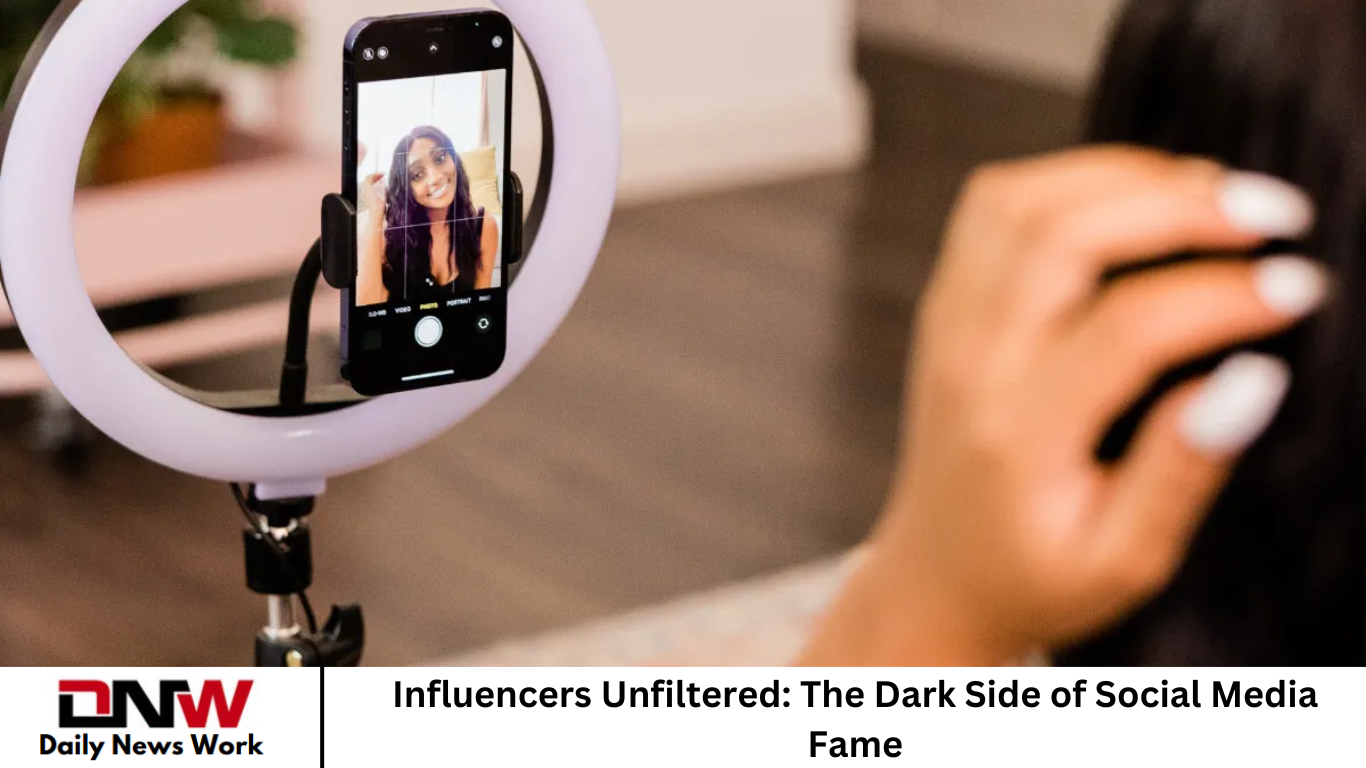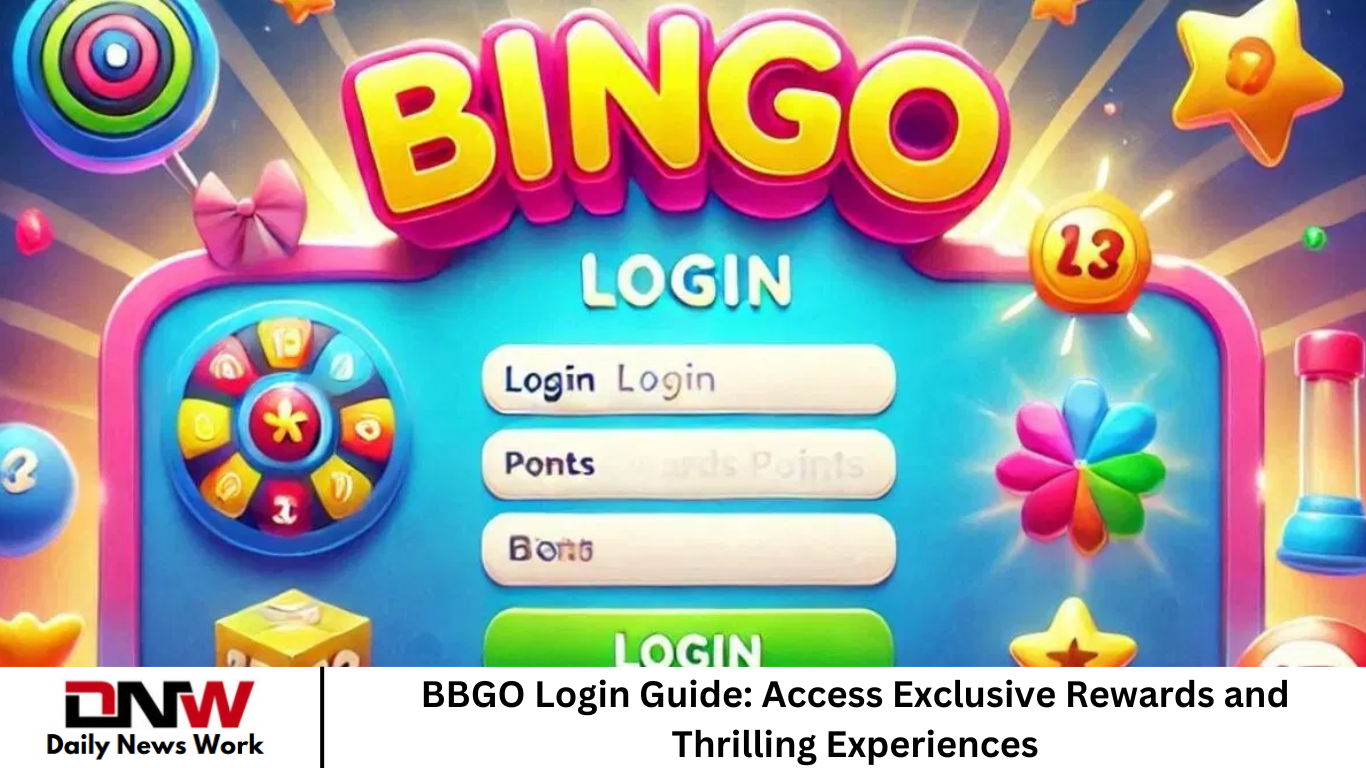Hi everyone! How are you all doing? Welcome to www.dailynewswork.com! Social media has given rise to a new breed of celebrities: influencers. These digital personalities amass millions of followers, secure lucrative brand deals, and seemingly live the perfect life. However, behind the curated images, sponsored posts, and viral videos lies a darker reality. The world of social media fame is not always as glamorous as it appears. From mental health struggles to financial instability, exploitation, and cancel culture, the influencer industry harbors significant risks.
The Mental Health Struggles of Influencers
One of the most significant yet least discussed aspects of social media fame is its impact on mental health. While influencers may project a confident and happy persona, many suffer behind the scenes due to the pressure of constant engagement, unrealistic beauty standards, and online criticism.
Burnout and Anxiety
Being an influencer is a 24/7 job. Unlike traditional careers with set hours, content creators must constantly produce fresh material, engage with followers, and adapt to ever-changing algorithms. This pressure can lead to burnout, anxiety, and depression.
Trolls and Online Harassment
Negative comments, cyberbullying, and hate messages are rampant in the influencer space. Many influencers experience severe emotional distress from the cruel words of anonymous internet users.
Comparison Culture
Social media fosters an environment of comparison, where influencers measure their success against their peers. This can lead to feelings of inadequacy and low self-esteem, despite outward appearances of confidence.
The Financial Instability of Influencers
Contrary to popular belief, not all influencers are making millions. Many struggle financially due to the unpredictable nature of social media earnings.
Unstable Income Streams
Unlike salaried jobs, influencer income depends on brand deals, ad revenue, and sponsorships—many of which fluctuate based on engagement rates and trends.
Excessive Spending to Maintain an Image
Many influencers feel pressured to invest in luxury goods, travel, and designer clothing to maintain an aspirational lifestyle. This leads to debt and financial insecurity when sponsorships dry up.
Platform Dependency
Social media algorithms control influencer visibility. A single update can drastically reduce engagement, cutting off revenue streams overnight. Many influencers have found themselves struggling after a platform like Instagram or TikTok deprioritizes their content.
The Exploitative Nature of the Industry
The influencer industry is largely unregulated, leaving many creators vulnerable to exploitation by brands, management agencies, and even their own audiences.
Unfair Contracts with Brands and Agencies
Many influencers sign contracts with brands or talent agencies that take advantage of their lack of legal knowledge. Some are locked into restrictive deals that prevent them from working with competing brands or receiving fair compensation.
Unpaid Labor
A common complaint among influencers is that brands often expect free promotions in exchange for “exposure.” This expectation disproportionately affects smaller influencers who feel pressured to work for free in hopes of future opportunities.
Parasocial Relationships
Many followers develop parasocial relationships with influencers, feeling a personal connection to them. While this can build loyalty, it also leads to entitlement, where audiences demand constant interaction and become hostile when influencers set boundaries.
The Toxicity of Cancel Culture
Influencers live under intense public scrutiny, where one misstep can lead to “cancellation”—a mass withdrawal of support that can end careers overnight.
The Fear of Making Mistakes
Unlike traditional celebrities who have PR teams to manage crises, influencers often navigate controversies alone. Even minor mistakes can be blown out of proportion, leading to lost brand deals and public humiliation.
Lack of Forgiveness
Cancel culture often lacks nuance, leaving no room for growth or redemption. Influencers who sincerely apologize for past mistakes are often met with further backlash rather than forgiveness.
Weaponization of Callouts
While some influencers deserve accountability, others are unfairly targeted due to misunderstandings or false accusations. Cancel culture can become a tool for internet mobs rather than genuine accountability.
The Impact on Personal Relationships
Many influencers struggle to maintain healthy personal relationships due to their social media careers.
Privacy Invasion
Influencers often feel pressured to share personal details about their lives to keep followers engaged. This can strain relationships, as family and friends may not want their private moments broadcasted to millions.
Relationship Pressures
Romantic relationships are also affected, as influencers’ partners may struggle with constant public scrutiny. Some influencers stage fake relationships for views, further complicating their personal lives.
Lack of Work-Life Balance
Influencers rarely get a break from their work, as they feel the need to document every aspect of their lives. This makes it difficult to establish boundaries between personal and professional time.
The Ethical Dilemmas of Influencing
Influencers hold significant power over their audiences, which comes with ethical responsibilities that are often ignored in pursuit of profit.
Promoting Unethical Brands
Many influencers partner with brands without vetting their ethical practices. From fast fashion to harmful diet products, influencers often promote items that contribute to environmental damage or unhealthy beauty standards.
Fake Authenticity
Influencers build trust by appearing “real” and relatable, but many carefully curate their online persona to fit a marketable image. This creates a cycle of deception, where audiences believe they are getting authenticity when they are actually consuming a crafted illusion.
Misleading Followers for Profit
From promoting ineffective skincare to pushing cryptocurrency scams, some influencers exploit their followers for financial gain. While some may do this unknowingly, others deliberately take advantage of their audience’s trust.
Frequently Asked Questions
Do influencers really make a lot of money?
While some influencers make millions, many struggle with financial instability due to unpredictable income streams and high expenses.
Why do so many influencers experience burnout?
The constant demand for new content, engagement, and maintaining an online persona leads to stress and exhaustion.
What happens when an influencer is canceled?
Canceled influencers often lose brand deals, sponsorships, and followers, making it difficult to recover their career.
How do influencers handle online hate?
Some ignore negative comments, while others seek therapy or take social media breaks to protect their mental health.
Are all influencers fake?
Not necessarily, but many curate their content to appear more appealing, leading to unrealistic portrayals of life.
How can influencers protect themselves from exploitation?
Reading contracts carefully, hiring legal advisors, and setting clear boundaries with brands and followers can help influencers avoid exploitation.
Is being an influencer worth it?
It depends. While some thrive in the industry, others find the pressures overwhelming. Success requires resilience, strategy, and a strong support system.
Conclusion
Becoming an influencer may seem like a dream job, but the reality is far more complicated. The industry is rife with mental health struggles, financial instability, exploitation, and ethical concerns. While influencers can enjoy fame and fortune, they also face significant risks that are often overlooked by their followers. For aspiring influencers, it’s essential to approach the industry with caution, set boundaries, and prioritize mental and financial well-being over online validation.





